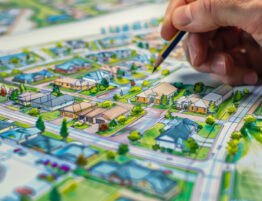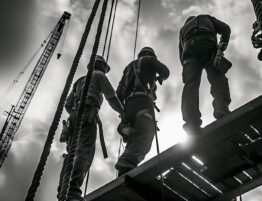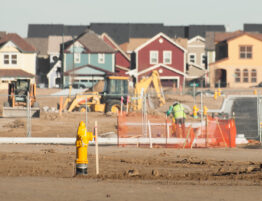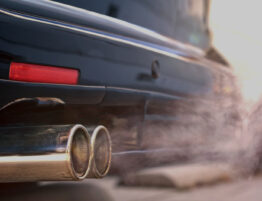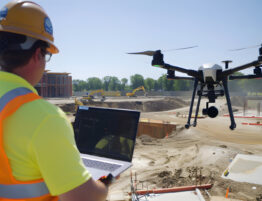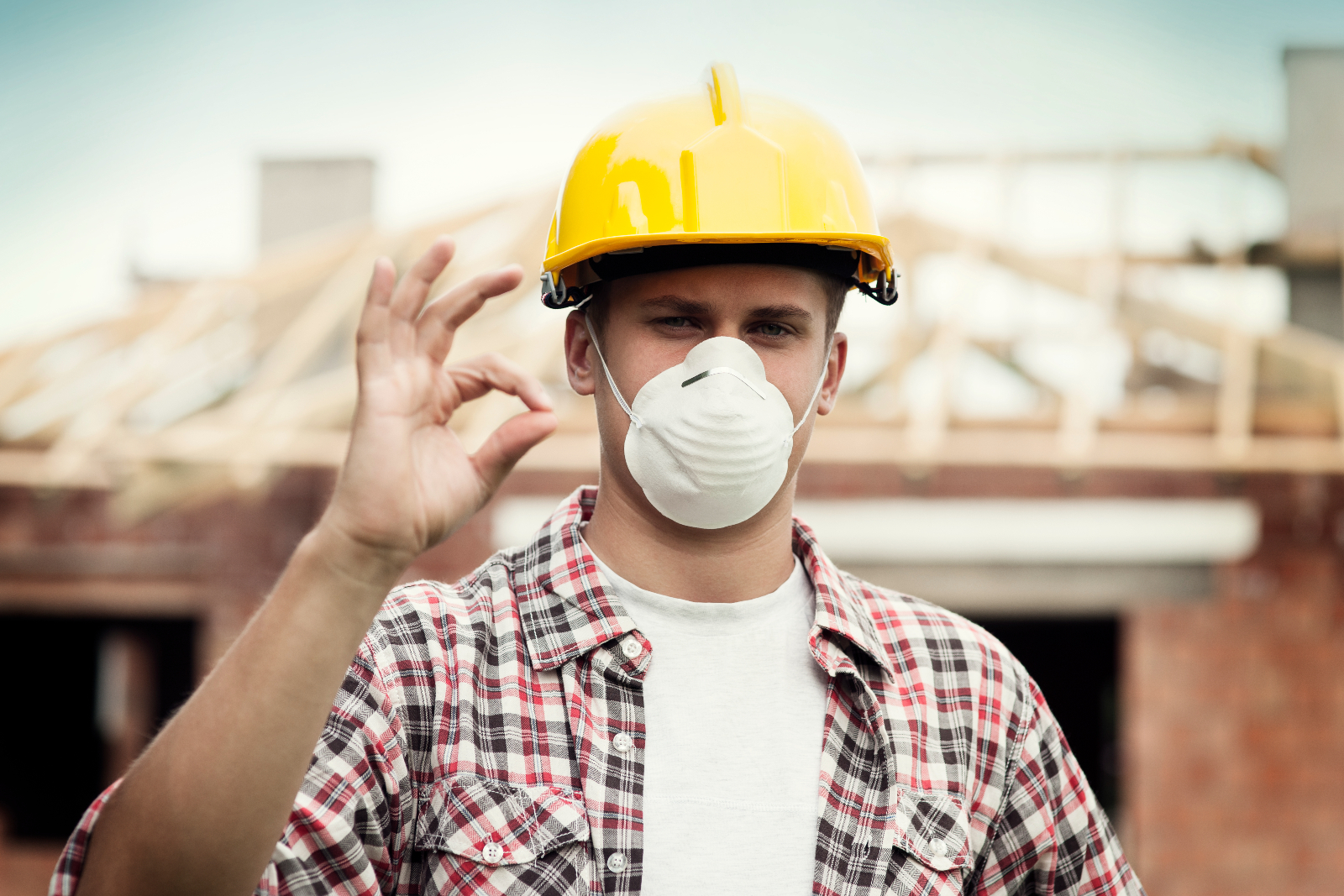
The Health and Safety Executive estimates that, in Great Britain, 4000 construction workers die every year from respiratory diseases caused by long-term exposure to dust particles at work. That’s around 100 times more deaths caused by ill health in the sector than fatal accidents!
So, to answer the question posed in the title of this week’s blog, ‘why wear a mask’, the answer is pretty simple – it might just save your life. Read on for more on this important topic.
What are the hazards?
Construction sites are rife with airborne particles that can be hazardous to a worker’s health.
Dust generated during activities like drilling, cutting, or grinding can contain harmful substances such as silica dust. When inhaled, this can lead to silicosis, a lung disease that causes severe breathing problems and increases the risk of lung infections. Metal dusts can cause similar lung diseases.
Inhalable dust can also cause chronic obstructive pulmonary disease (COPD) – a worsening inflammation of the airways – and wood and asbestos dusts can both lead to cancer.
These are all debilitating and often fatal diseases for which there are no cures but, if you’re lucky enough to avoid those, there are other long-term issues that can arise from inhaling dust – for instance allergic reactions like occupational asthma.
Stay protected
Because of the scale of this problem, control measures must be taken to shield construction workers from dust and toxic substances.
On site, that can mean lots of different things, for instance making sure that method statements for risky tasks are being followed correctly; choosing machinery that reduces dust particles; and using something like a water spray system to dampen down dust.
The last but crucial line of defence is the face mask. Providing the right type of mask is worn and that it is fitted correctly, this simple piece of PPE can protect you from those hazardous particles and fibres. In an era when we’ve not long come out of a global health crisis, it’s also worth noting that the right mask can also act as a barrier against airborne viruses like SARS and COVID-19, reducing the risk of transmission among workers on construction sites.
What is the right mask?
During the pandemic, we got used to seeing people wearing all kinds of masks and face coverings, everything from surgical or industrial grade items to thin pieces of fabric. In construction, however, it’s vital to choose a mask that’s right for the job – one that’s CE certified, offers high-level respiratory protection, is easy to fit and comfortable to wear. Something like the FFP3 masks that we regularly supply to all our workers at Sheriff Construction.
Some points to remember:
- Make sure the mask is fitted and worn properly, creating a secure seal around the nose and mouth to prevent particles from entering.
- Be sure to participate in regular training on the correct usage and fitting of masks.
- Use your mask for tasks where this is stated as a requirement, every time.
- Do not use a mask that falls below the specified standards.
- Report any defects or damage you find to the masks immediately.
- Inform your employer of any medical conditions that might be affected by the use of the masks provided to you.
- Remain clean/ close shaven. While respirable crystalline silica (RCS) particles are under 10 microns in size, male beard hairs are much larger, on average 100 microns in diameter. This means that a mask worn over beard hair will not be able to sufficiently filter silica at the edges!
Don’t compromise on health
The health hazards that come with inhaling dust and toxic substances (as well as airborne viruses) means that respiratory protection is a vital part of the construction site worker’s PPE kit. The choice of the right mask, coupled with proper fitting and training, can help construction workers stay safe and healthy throughout their working careers.
There should be no compromises when it comes to health and so, if any of Sheriff’s workforce need to top up their supply of FFP3 masks, please arrange a collection from our office by calling 01582 591908 or emailing info@sheriffconstruction.co.uk.
22.11.2023
Feature image: Freepik

